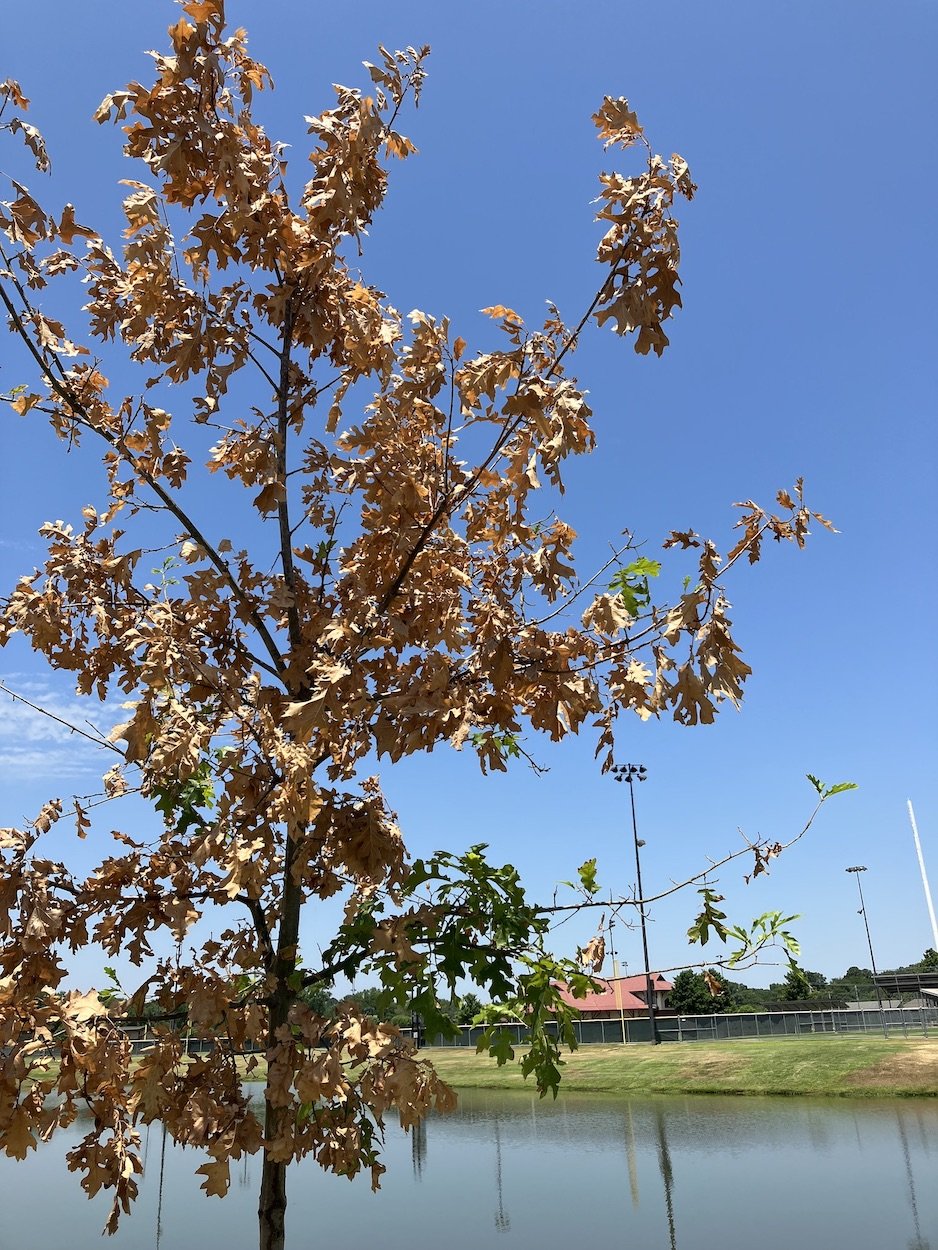By Rebekah Hall
U of A System Division of Agriculture
Lori Canada, extension 4-H STEM program coordinator for the University of Arkansas System Division of Agriculture and the parent of a Salem Superstars club member, said the project is an important intersection of wildlife and technology programming. STEM is an acronym that stands for Science, Technology, Engineering and Math.
“As a STEM specialist, I see this as a great way to show kids that technology is in everything and anything,” Canada said. “It’s a good combination of learning about birds – the eggs they lay and the differences between those eggs – but also utilizing that knowledge through creating these 3D replicas.”
The Salem Superstars began the project by learning about bird species present in Arkansas, using binoculars to watch them in their habitats and studying images of their eggs. This included a field trip to the Arkansas Audubon Center in Little Rock. Canada then taught the students about 3D printing technology, demonstrating the printing method and showing students how to design their own eggs using a computer program.
Becky McPeake, the club’s leader and extension wildlife specialist for the Division of Agriculture, said the 4-H members have responded enthusiastically to the curriculum.
“They’ve been really excited about this project,” McPeake said. “We gave them a list of birds, and we asked them to select which birds they would like to study and learn about their eggs. As you might imagine, some of them really like the larger, predatory birds, and some of them were really enthused about birds they knew very little about and wanted to learn more.”
Kahlan Higgins, 12, current president of the Salem Superstars, said the project has made her more interested in learning about birds and other wildlife.
“My favorite part about learning about different bird species and their eggs is getting to learn what different eggs look like and how they are different from each other,” Higgins said. “Using the 3D printers has also been really fun. I have really enjoyed getting to see them printing different objects.”
After choosing their bird egg, the students designed them using the 3D modeling program Tinkercad. Canada described 3D printing as a “computerized hot glue gun.” The printers use a thermoplastic that melts when heated and is then extruded through a nozzle, layer by layer, to create a three-dimensional object. Canada helped the group members, who range in age from 5 to 12 years old, in designing their eggs.
She then downloaded their designs to another computer program, Cura, which breaks the designs down into individual layers and configures each design’s settings for the printer, including the heat temperature and the design of the infill of the egg. This determines whether the inside of the object is hollow or made of smaller hexagonal or triangular shapes, which keeps the object lighter and uses less filament per design.
“For the printer to know how to do the hot glue gun motion, it needs to basically slice the object into layers,” Canada said. “It’s like you’re slicing a cake, but vertically.”
Club members then use sanding tools to smooth their eggs down and then paint them to match those of their respective birds. Finally, the 4-H members will create an exhibit about their eggs and the 3D printing technology for the Saline County Fair in September.
Each student will get to make at least two eggs, and McPeake will include one of them in each of the wildlife kits she is compiling to distribute across the state. These kits are part of Canada’s plan to distribute science and technology equipment to county agents.
“We’re designing five kits that will be stationed in five locations that county agents can access and do outreach to 4-Hers and local schools,” McPeake said. “We hope that soon, anyone in the state who has an interest in wildlife curriculum could contact their county agent and coordinate educational outreach with those kits, or they could use them to train their 4-H leaders, who could then use the kits to teach kids about wildlife.”
McPeake said she hopes the kits will help get more kids involved with the 4-H wildlife program and excited about spending time outdoors.
“Kids today are so smart when it comes to technology, and they’re so engaged in technology,” she said. “We have found that kids are going outdoors less, and yet a lot of the research suggests that being outdoors brings so much value to their lives and to their mental health. This combination of technology and the outdoors is really a great one for this time and age.”
4-H is a youth development program operated by the Cooperative Extension Service. The Cooperative Extension Service is part of the University of Arkansas System Division of Agriculture. The program teaches participants life skills through the “learn by doing” model. Program participants gain knowledge through non-formal, science-based, experiential education activities.
For more information about 4-H, contact your local county extension agent or visit https://4h.uada.edu/.
Fast Facts:
4-H members use 3D printing technology to design eggs of Arkansas birds
Bird eggs will be used in wildlife curriculum kits for county agents throughout state
Project will be exhibited at Saline County FairSALINE COUNTY, Ark. — The 4-H model of “learn by doing” encourages youth to acquire new skills through hands-on activities. The Salem Superstars 4-H club in Saline County is practicing this by combining technology and wildlife curriculum to create 3D-printed bird eggs, teaching participants about the innovative printing method and the Natural State’s bird population.




















